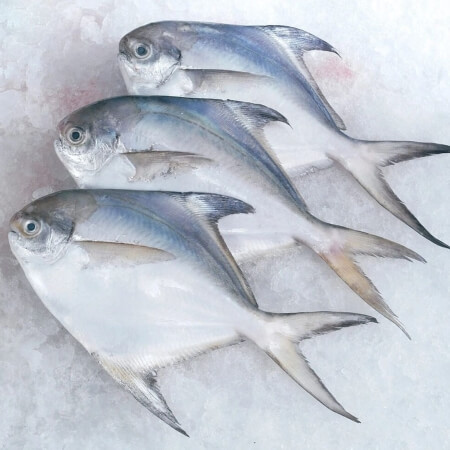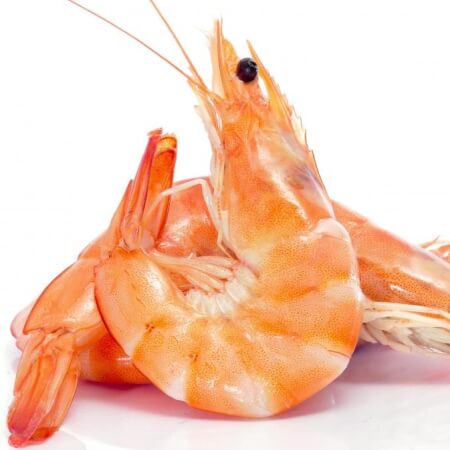PRODUCTS
Fish, cephalopods, and crustaceans are all seafood options that offer a range of nutritional benefits when consumed as part of a balanced diet.
Here are some of the key benefits of including these foods in your diet.
1. Rich Source of Protein
All three groups are excellent sources of high-quality protein. Protein is essential for building and repairing tissues, supporting muscle growth, and maintaining overall body function.
2. Omega-3 Fatty Acids
Fish, especially fatty fish like salmon, mackerel, and sardines, are rich in omega-3 fatty acids. These healthy fats are known to promote heart health, reduce inflammation, and support brain function.
3. Vitamins and Minerals
Seafood is a good source of various vitamins and minerals, including vitamin D, vitamin B12, iodine, selenium, and zinc. These nutrients are important for immune function, bone health, and overall well-being.
4. Low in Saturated Fat
Fish, cephalopods, and many crustaceans tend to be low in saturated fat, which can help reduce the risk of heart disease when they are part of a balanced diet.
5. Low Calorie Content
Many seafood options are relatively low in calories compared to other protein sources, making them a suitable choice for those looking to manage their weight.
6. High-Quality Protein
Seafood provides high-quality protein with all the essential amino acids, making it an excellent choice for vegetarians and vegans looking to diversify their protein intake.
7. Antioxidants
Some seafood, like squid and octopus, contain antioxidants like taurine, which can help protect cells from oxidative stress and promote overall health.
8. Supports Brain Health
Omega-3 fatty acids found in fish, particularly DHA (docosahexaenoic acid), are important for brain development in infants and cognitive function in adults.
9. Bone Health
Cephalopods and crustaceans contain minerals like calcium, phosphorus, and magnesium, which are essential for maintaining strong bones.
10. Versatility in Cooking
Fish, cephalopods, and crustaceans can be prepared in a variety of ways, making them versatile ingredients for a wide range of dishes and cuisines.
11. Sustainable Options
Some types of seafood are harvested sustainably, which means they are caught or farmed in ways that minimize environmental impact. Choosing sustainably sourced seafood can support responsible fishing practices.


